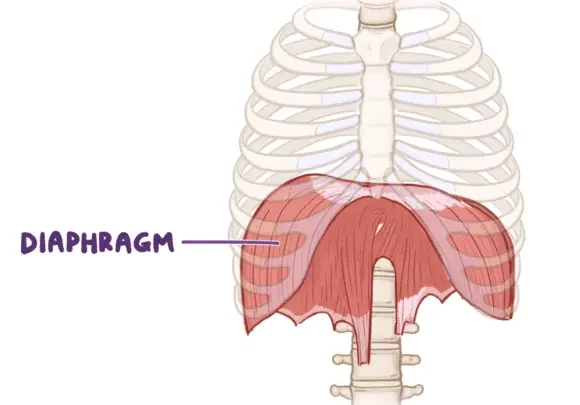Do you suffer from tight, vicelike pain or pressure on your head? If so, you may have a Tension Headache. Read on to find out more and what you can do about them!
Symptoms of Tension Headaches
Constant pressing or tightening pain on both sides of the head with mild to moderate intensity. Tension headaches differ from other headaches in that they are not associated with light sensitivity, sound sensitivity, are not worsened by neck movements and have no associated nausea or vomiting.
What could be causing your Tension Headache?
Tension headaches are heterogeneous, meaning they stem from a variety of causes. These may include: – Referred muscular pain or trigger points – Psychological stress – Jaw clenching (Bruxism) – Forward head carriage or poor posture
 What can you do? Stretching such as shoulder and neck stretches performed daily may help to prevent the development of muscular trigger points and referred pain from tight muscles. Stretches should be performed slowly and never into pain. Trapezius stretch: Gently bring your ear to shoulder, you will feel a stretch on the opposite side of your neck. Hold for 10-20 seconds. Your Blackburn Osteopath will take you through specifically tailored stretching and postural techniques. Be mindful of your posture; forward head carriage is shown to be associated with tension type headache. Desk ergonomics are crucial, watch for slouching, leaning forward on your elbows and a slumped lower back. Psychological stress is commonly linked with the occurrence of tension type headaches. Identifying emotional triggers, developing stress coping mechanisms and relaxation exercises may decrease the likelihood of headache.
What can you do? Stretching such as shoulder and neck stretches performed daily may help to prevent the development of muscular trigger points and referred pain from tight muscles. Stretches should be performed slowly and never into pain. Trapezius stretch: Gently bring your ear to shoulder, you will feel a stretch on the opposite side of your neck. Hold for 10-20 seconds. Your Blackburn Osteopath will take you through specifically tailored stretching and postural techniques. Be mindful of your posture; forward head carriage is shown to be associated with tension type headache. Desk ergonomics are crucial, watch for slouching, leaning forward on your elbows and a slumped lower back. Psychological stress is commonly linked with the occurrence of tension type headaches. Identifying emotional triggers, developing stress coping mechanisms and relaxation exercises may decrease the likelihood of headache.
Osteopaths are registered manual therapists with minimum five years University training in Australia. Your osteopath at Blackburn Osteopathy can tailor treatment to your individual needs and will take a thorough case history and undertake a comprehensive examination. Hands-on techniques such as massage, manipulation, exercise prescription and more may be utilised in your consultation.
Seek medical attention if your headache is associated with head trauma, fever, nausea/vomiting, bleeding or fluid draining from eyes, dizziness, blurred vision, speech problems, numbness, tingling or paralysis.




